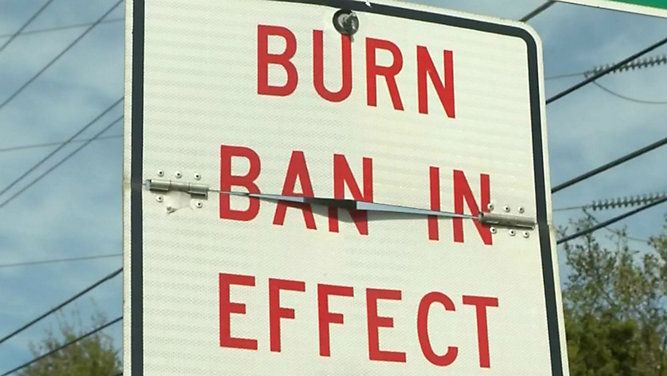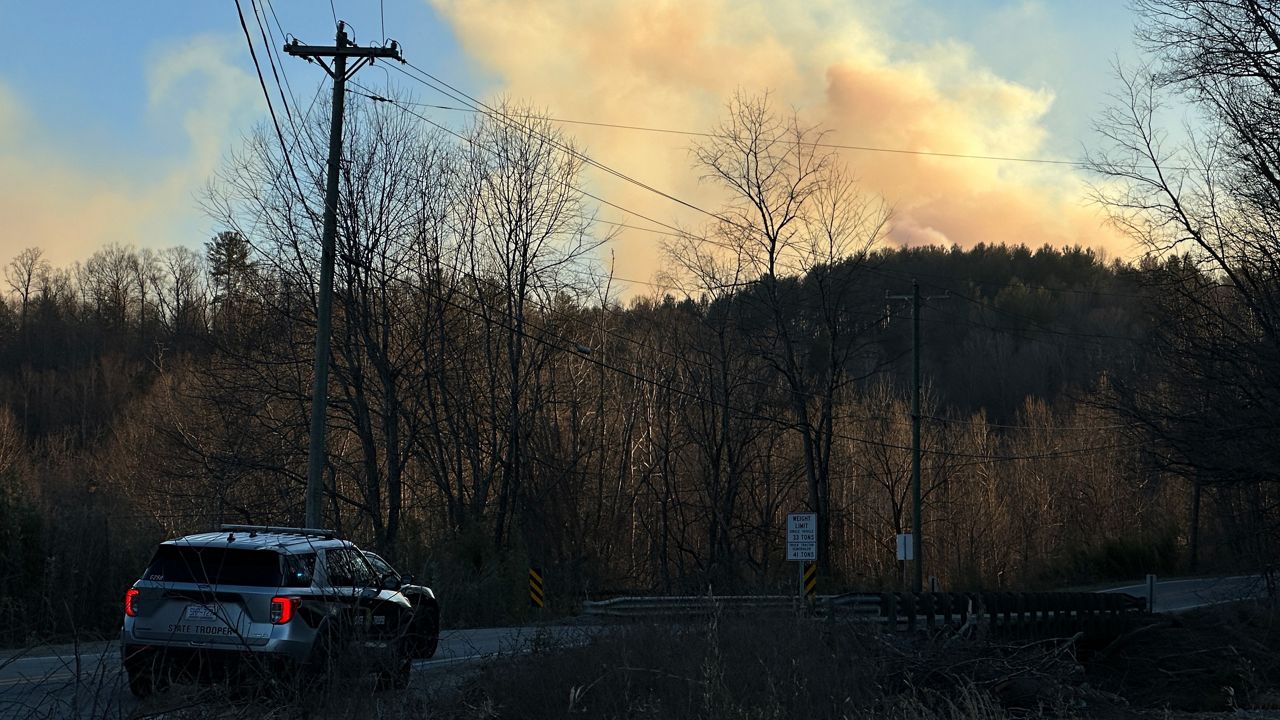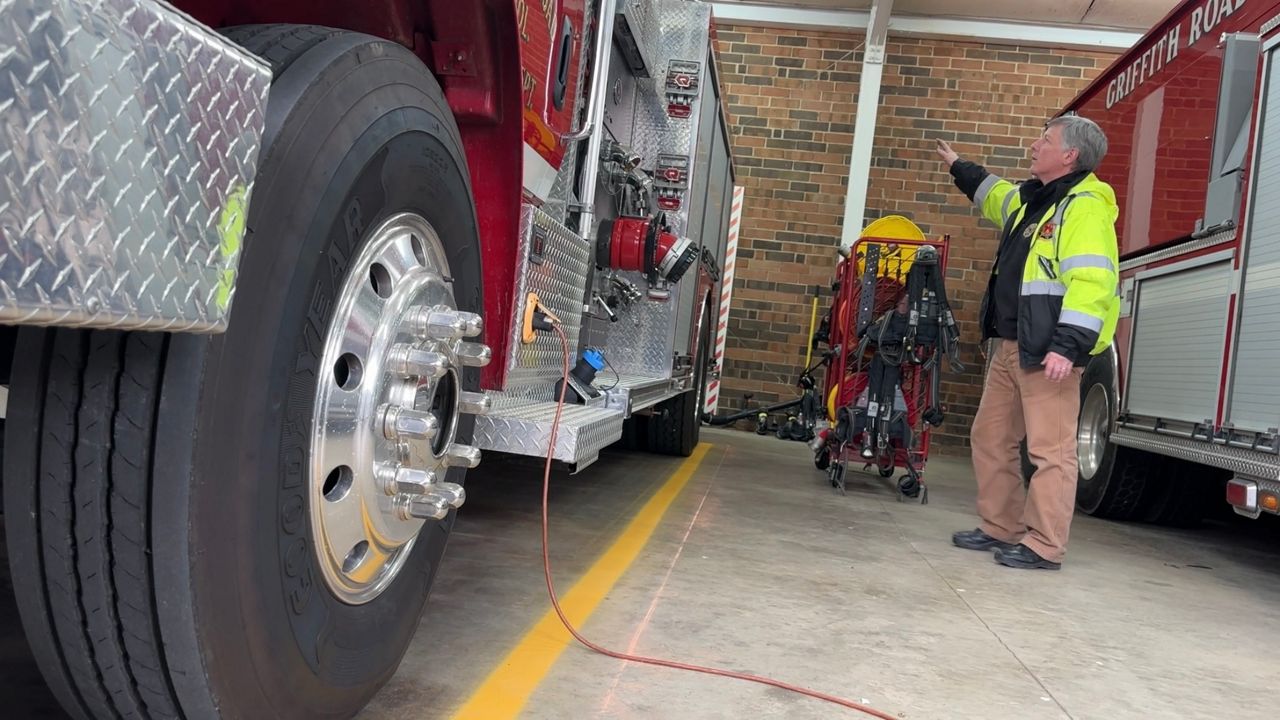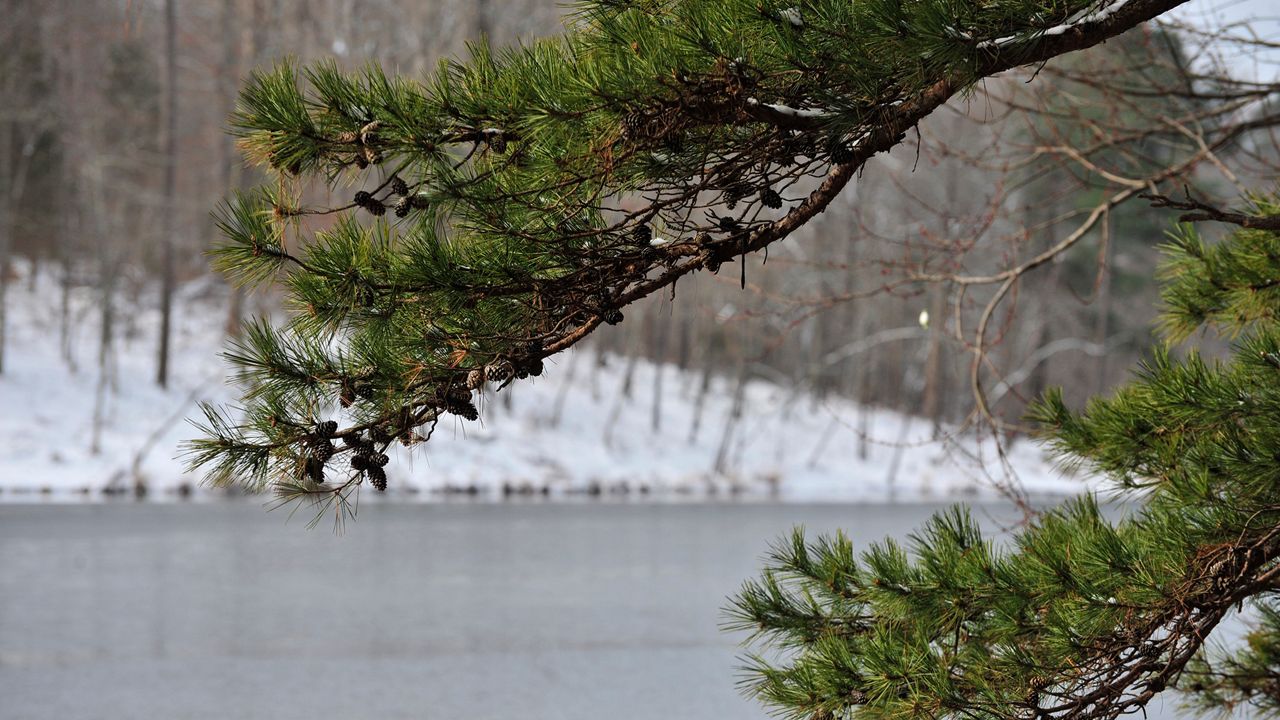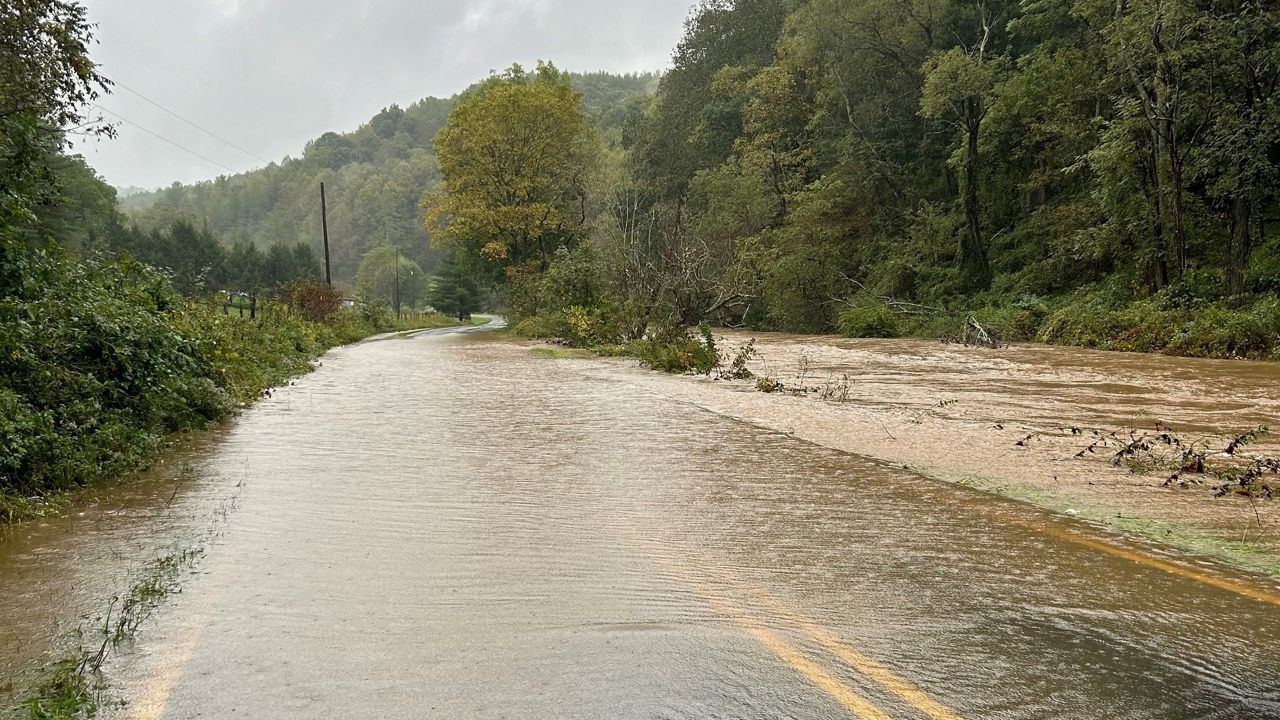Wildfires that sparked during dry, windy conditions in North Carolina over the weekend are continuing to burn Tuesday. Lighter winds Monday helped crews battle the wildfires that caused evacuations and threatened hundreds of homes over the weekend.
Polk County is on the fringes of an area badly hit by Helene last year. Fallen trees that have not been cleared are increasing the risk of fires across the region.
In eastern North Carolina, nearly 80 mostly small wildfires were reported in Robeson County. Emergency officials said 15 structures were damaged, but they did not give specifics on the types of buildings.
The North Carolina Forest Service reported over 200 wildfires across the state Monday, although almost all of them were small and not threatening any structures.
Officials across the Carolinas warned of poor air quality because of smoke.
The U.S. Forest Service said fire crews were working to contain multiple wildfires burning in four forests across North Carolina on Sunday. A 400-acre fire broke out at Uwharrie National Forest, about 50 miles east of Charlotte.
The Forest Service said Sunday afternoon that it had made progress on the fire, reaching about one-third containment.
The small mountain town of Tryon in Polk County, in southwestern North Carolina, urged some residents to evacuate Saturday as a fire spread rapidly there. Evacuations were lifted Monday, except for an area near 3910 Hwy 176.
As of 5:30 p.m. Monday, the fire was 593 acres with 63% containment, according to Polk County Emergency Management/Fire Marshal's office.
"Please continue to avoid the area so crews can continue to work safely," Polk County Emergency Management/Fire Marshal's office posted.
A county-wide burn ban remains in effect for the area.
"Fires on the National Forests in North Carolina have crews increasing containment and are not expected to experience any significant growth, especially as weather less beneficial to fire spread moves into the area Tuesday night," the U.S. Forest Service posted Monday. "The combination of dry fuels, limited rainfall, and very low humidity will lead to an elevated risk of adverse fire behavior today."
In a drier-than-normal winter, a weekend cold front moved through the area, bringing high winds without the usual rain that accompanies the weather systems in the South and increasing the fire danger.
In South Carolina, where more than 175 fires burned 6.6 square miles, Gov. Henry McMaster declared a state of emergency on Sunday to support the wildfire response effort, and a statewide burning ban remained in effect.
Related: Crews battle wildfires in North and South Carolina amid dry conditions and gusty winds
Click here to see active wildfires across the state. Officials have not said what caused any of the fires.






